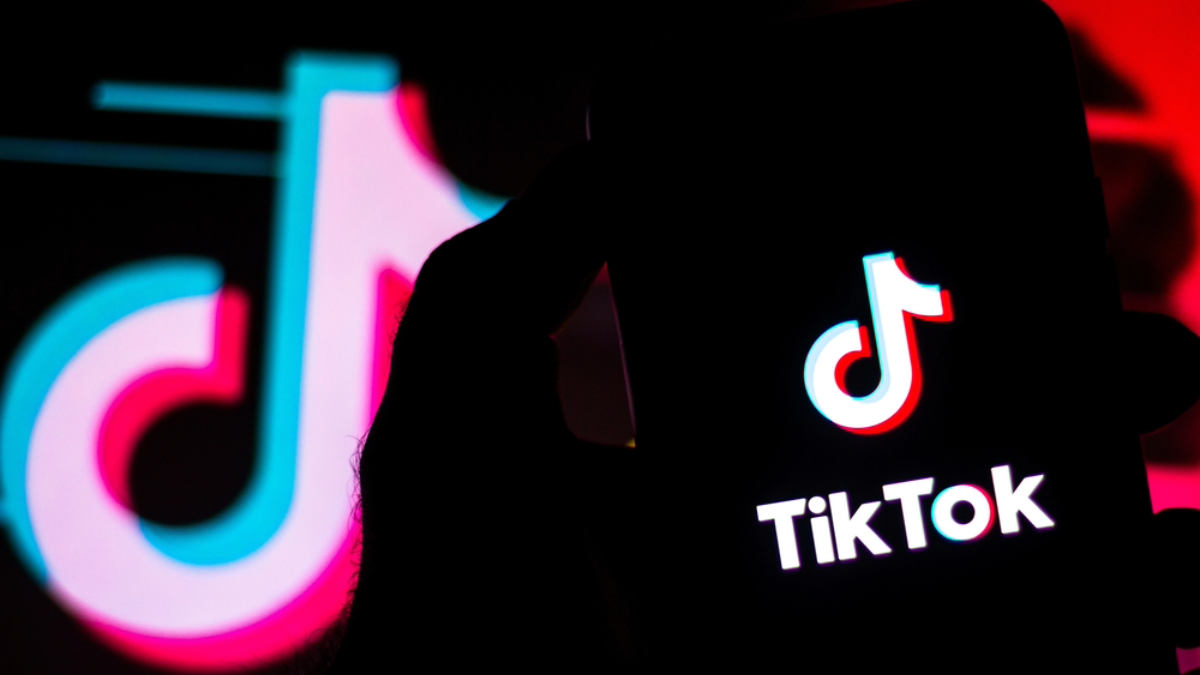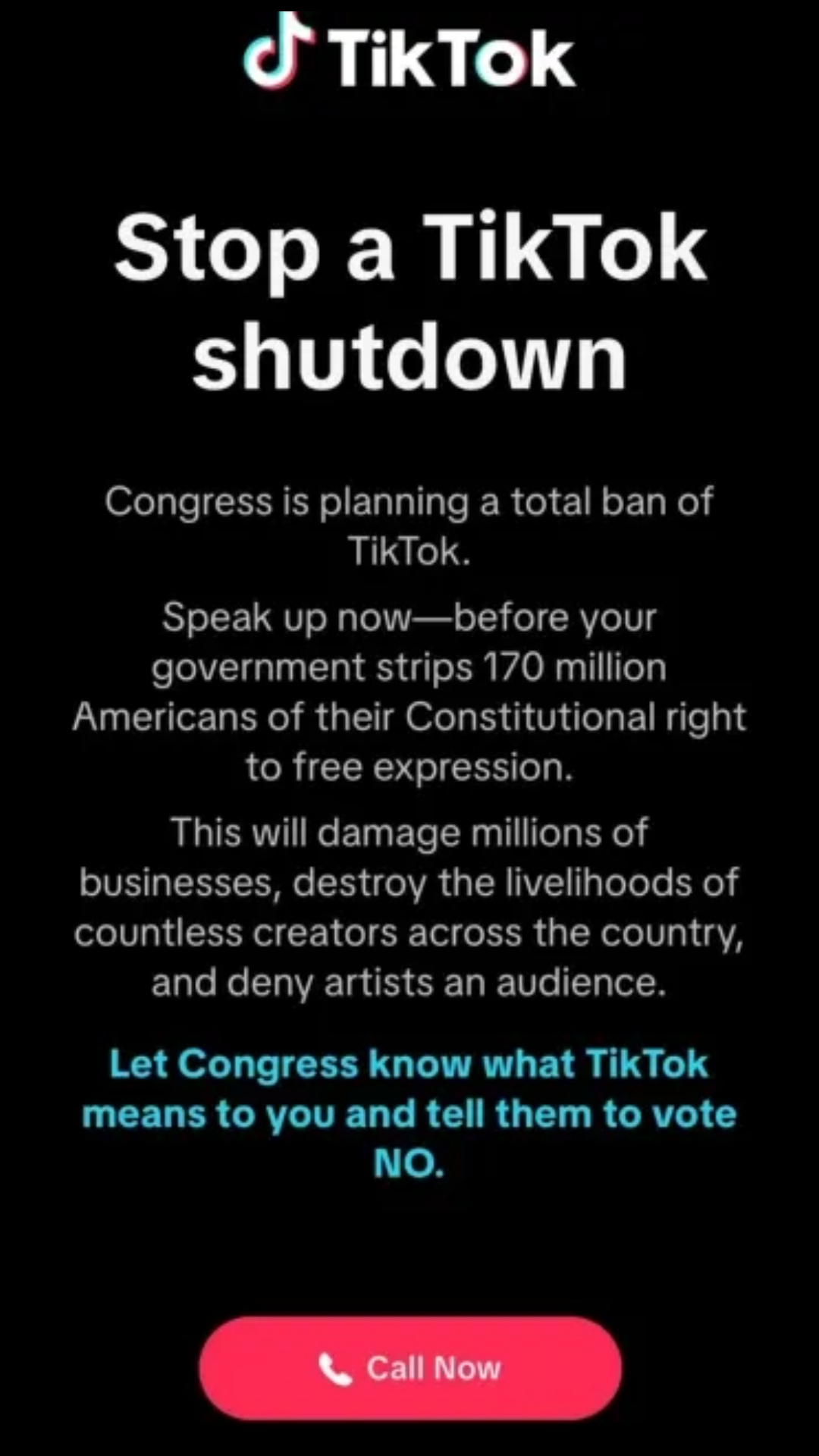ByteDance Blew It With Epic TikTok Lobbying Own Goal
David Carroll / Apr 26, 2024
I was among the group of experts issuing concerns about TikTok’s data localization and troubling privacy practices in 2019. I did not imagine at the time that concerns about transnational data flows would push lawmakers over the edge to take action on TikTok with atypical unity, for better or worse, but especially, I did not imagine how the company would in turn respond with an epic “own goal.”
Deploying a special pop-up inside the TikTok app to encourage users to flood Congress with calls was the dumbest thing ByteDance could have possibly done. It should go down in history as the greatest self-inflicted wound in the history of tech lobbying. The primary concern of US lawmakers is ByteDance interfering and meddling in domestic political affairs by using its TikTok platform with its advantage over our audiences here. TikTok proceeded to do exactly that while demonstrating how easy it is for a Beijing-based company to manipulate the behavior of its users in the political process.

TikTok urged users to contact Congress on its behalf in March, 2024.
Any US lawmakers who were on the fence, those who had some doubt about this measure to force the sale of TikTok under threat of a ban, those who were skeptical, those who could have prevented it from getting into the foreign aid bill: their offices were flooded with calls based on this pop-up. Critically, the bill’s sponsors felt that their bill was being misrepresented by the callers, who ranged in age considerably, including minors. It wasn’t just that ByteDance had manipulated users into participating in the political process in the company’s favor, but also that they had done so with a kind of deceptive messaging that when communicated to the offices resulted in what felt like manipulation more than legitimate mobilization.
That ByteDance thought this was a good idea reveals that the leaders of the company have lost the plot. This technique of agitating your users inside your application may have worked for gig economy apps getting regulated by localities. But those are US-based enterprises. ByteDance seemed to fantasize that it wasn’t still under review by the Committee on Foreign Investment in the United States (CFIUS) and that it should just do what American tech companies do to influence politics and policy. Clearly, there aren’t people at ByteDance who are empowered to recognize a terrible idea and dissent enough to thwart it. It should also shatter confidence that ByteDance should be entrusted with the responsibility it shoulders of treading the fine lines of international diplomacy and geopolitical dynamics. They blew it. What a gloriously ironic way to go down.
Reports suggest that TikTok investors are already organizing to make a bid for the company, including former US Treasury Secretary Steve Mnuchin. But ownership of the vaunted algorithm will probably stay in China, where it belongs. But if the company does divest, I’m confident US-based engineers will be able to mold a suitable replica to simulate the classic TikTok addiction to algorithmic content. In the end, after all the lawsuits, TikTok users will not notice anything significantly different about the app. If anything, many existing bans such as those in other countries or government device restrictions in the US and abroad may be lifted, allowing more people access to the platform because it will be more trustworthy (but not perfect, and so like all tech companies, needs to be effectively regulated by a strong US data protection and child safety codes regime that Congress must now act on having dealt with TikTok).
With this stage of the TikTok affair behind them, perhaps lawmakers can now turn their attention to the proposed American Privacy Rights Act bill and various child safety measures in play. The action taken against TikTok this week does little to address the fundamental vulnerabilities of an information ecosystem built on the exploitation of personal data, which are the same now as they were in 2019, when concerns about TikTok first began to surface.
Authors
